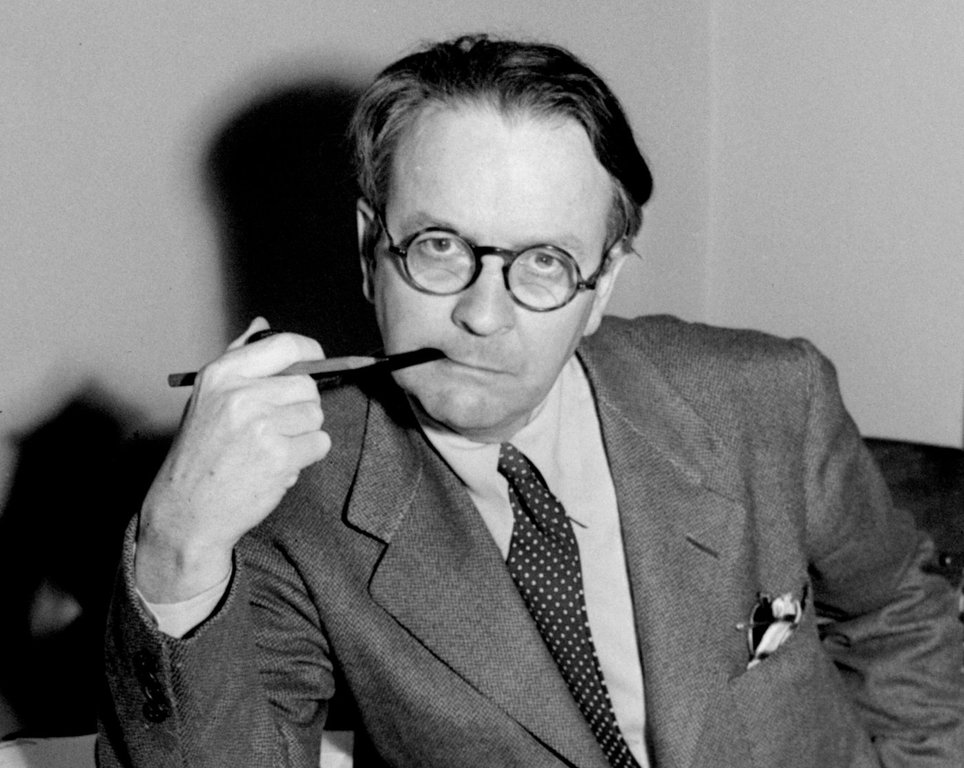A piano, a pregnant woman and a prison: Raymond Chandler’s ‘Nightmare’ is revealed
Advertisement
Read this article for free:
or
Already have an account? Log in here »
We need your support!
Local journalism needs your support!
As we navigate through unprecedented times, our journalists are working harder than ever to bring you the latest local updates to keep you safe and informed.
Now, more than ever, we need your support.
Starting at $15.99 plus taxes every four weeks you can access your Brandon Sun online and full access to all content as it appears on our website.
Subscribe Nowor call circulation directly at (204) 727-0527.
Your pledge helps to ensure we provide the news that matters most to your community!
To continue reading, please subscribe:
Add Brandon Sun access to your Winnipeg Free Press subscription for only
$1 for the first 4 weeks*
*$1 will be added to your next bill. After your 4 weeks access is complete your rate will increase by $4.99 a X percent off the regular rate.
Read unlimited articles for free today:
or
Already have an account? Log in here »
NEW YORK (AP) — In his dreams, Raymond Chandler could conjure tales as unsettling as some of his greatest novels, as if haunted by the spirits of Kafka and Edgar Allan Poe.
“Nightmare,” a brief and rarely seen sketch published this week in The Strand Magazine, finds the author of “The Long Goodbye,” “Farewell, My Lovely” and other crime fiction classics imagining himself in prison “somewhere” for a murder he does not remember committing. His cellmates include two men he knows nothing about, a pregnant woman named Elsa, and a piano in the corner that must be played lying down after “nine o’clock.”
Chandler’s vision becomes even darker and stranger as he learns of his likely fate.

“As I was wondering, apparently rather audibly, about the date set for my execution, the guard said to me, ‘After a bit you’ll get a letter with the envelope addressed in your own writing. That will tell you the date for your hanging,’” Chandler wrote.
“Nightmare” was found recently among the papers of Chandler’s assistant, Jean Vounder-Davis, that were sold last year through the Doyle auction house. Other items included Chandler’s 1953 Olivetti Studio 44 typewriter, unpublished drafts of early novels and a two-page list of 46 things he hated, among them “golf talk” and “novels about people who can’t make any money.”
Strand Managing Editor Andrew F. Gulli purchased “Nightmare” at auction but declined to say how much he paid. Writing in the current edition of The Strand Magazine, Gulli called the piece a perfect illustration of Chandler’s “ability to evoke so much with so little.” He believes “Nightmare” was likely written in the early 1950s, before the death of Chandler’s wife, Cissy, whom the author mentions in a footnote. Cissy Pascal Chandler died in 1954, five years before the death of Raymond Chandler.
Chandler scholar Tom Williams, author of the 2013 biography “A Mysterious Something in the Light: The Life of Raymond Chandler,” places “Nightmare” in a special category of wry, eccentric and spontaneous notes the author left for Vounder-Davis. Williams found one part especially surprising and intriguing; Chandler follows the line about receiving the dreaded letter with a joke likening the experience to getting a notice of rejection.
“Chandler liked to imply that his success writing crime stories came easily, and he told a friend that his first story, ‘Blackmailers Don’t Shoot,’ was picked up straightaway,” Williams told The Associated Press in a recent email. “But the note suggests he was more familiar with rejection and it makes me wonder if the myth he spun about his success told the full picture. Was he rejected by the pulps at some point? Or was he referencing a rejection from an earlier part of his career? It’s impossible to know but it makes me want to find out more.”
